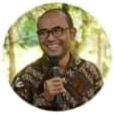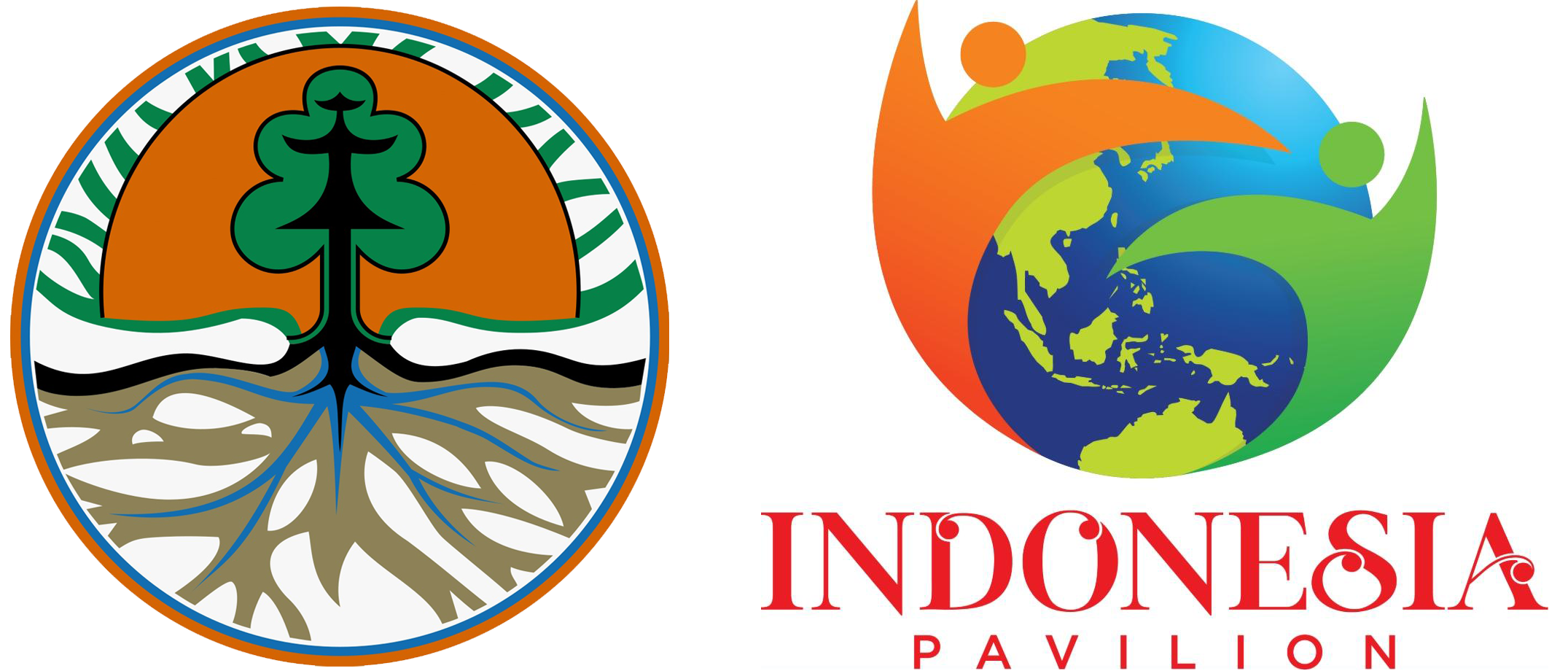Indonesia Pavilion
Learning from the Site: Contribution of Gender in Strengthening Environmental and Forestry Standards
When discussing gender issues, many development practitioners and social movement activists pay attention to the gaps that exist between men and women. Gaps in terms of rights; responsibilities; access and control over natural resources; and decision-making within the family, in the community and at the national level. Men and women often have different priorities and choices regarding development, which affect – and are affected by – development activities. Understanding gender issues enables activity organizers and intervention implementers to build capacity to deal with the impacts of inequality and ensure sustainable development.
Men and women often have different culturally-assigned roles and responsibilities in managing natural resources. As such, gender equality is a strategic issue, which must be addressed in order to implement sustainable environmental and forestry management – and accrue benefits for both men and women.
Environmental and forestry standards are very important in ensuring that efforts to utilize natural resources run according to plan – especially now that the issue of climate change is also increasingly salient. Taking a gender perspective is expected to make a strategic contribution to strengthening environmental and forestry standards at the site level, both in terms of implementation and providing feedback for future standard improvements. The lessons learned are believed to provide very constructive input for strengthening national environmental and forestry standards.
During the UNFCCC COP-26 event on November 1-12, 2021, under the theme of Leading Climate Action Together, the issue of gender in environmental and forestry standards is particularly relevant. The ways in which a gender perspective can play a role in strengthening these standards – and in contributing to efforts to control climate change – will make for very interesting discussion in this international forum.
The aim of this talk show, “Learning from the Site: Contribution of Gender in Strengthening Environmental and Forestry Standards”, is to:
- explore the role and contribution of a gender perspective in environmental and forestry sector activities, especially in terms of implementing standards for natural resource management activities – including managing climate change; and
- discuss whether a gender perspective provides tangible feedback for future improvements in environmental and forestry standards, including in managing climate change.


















